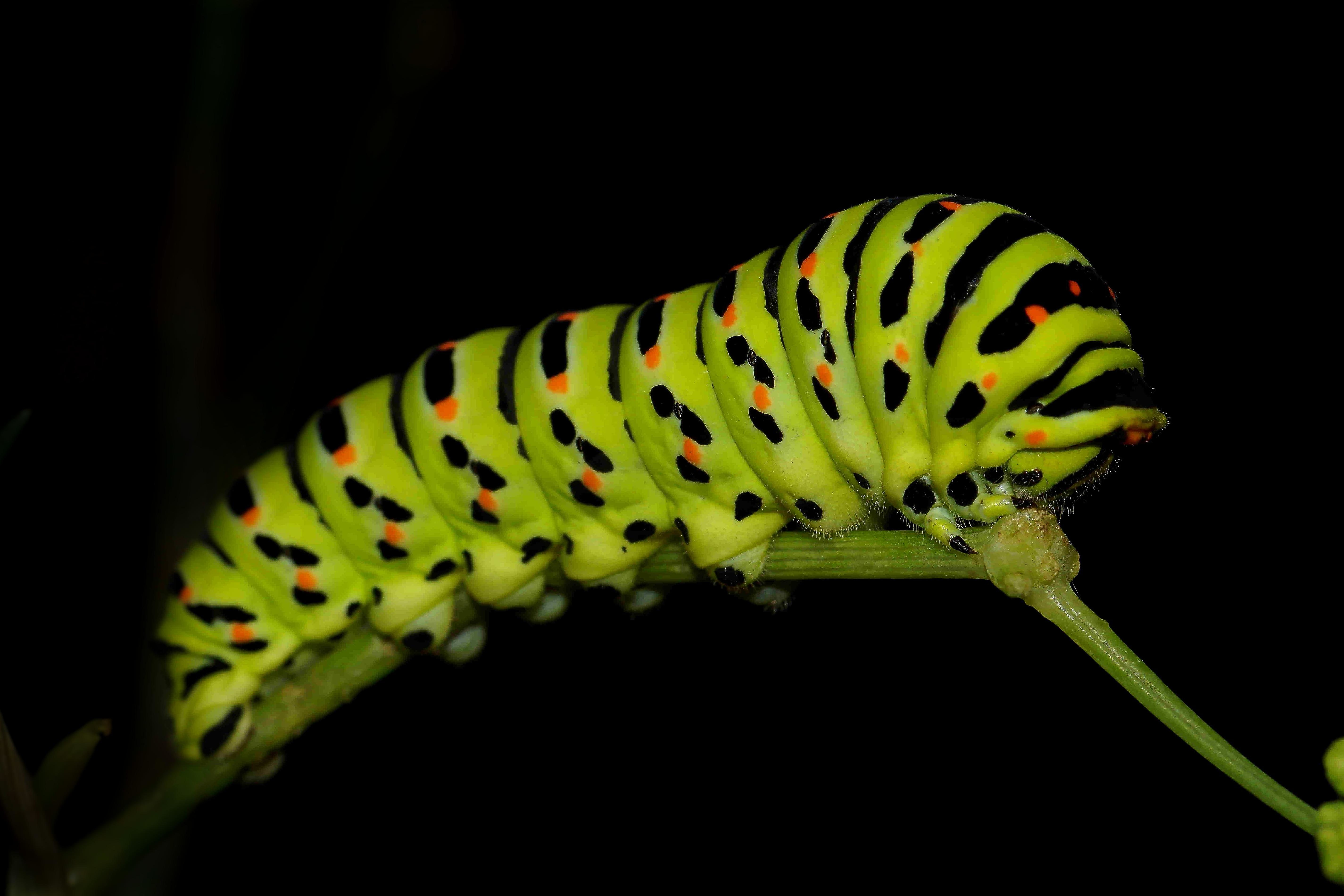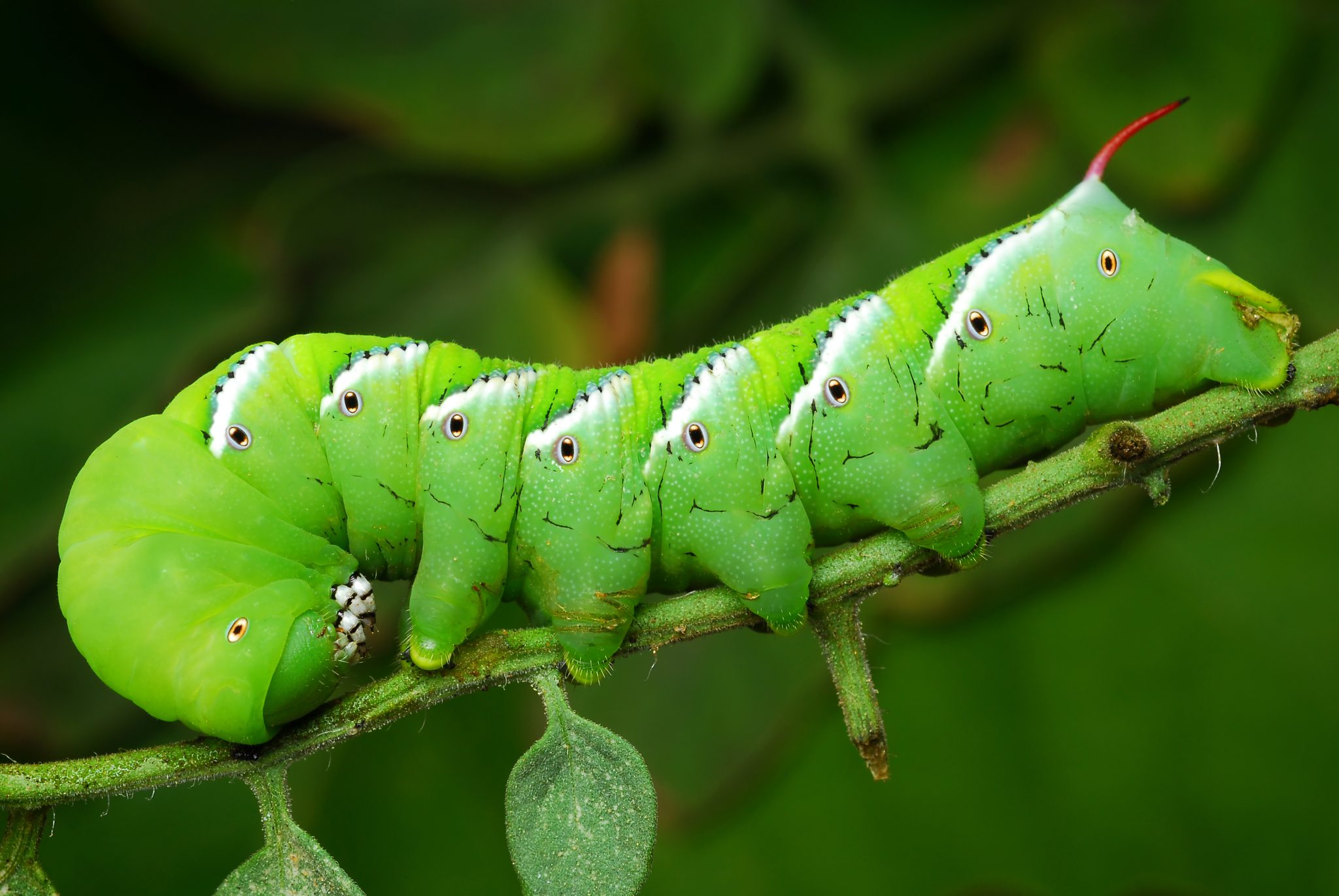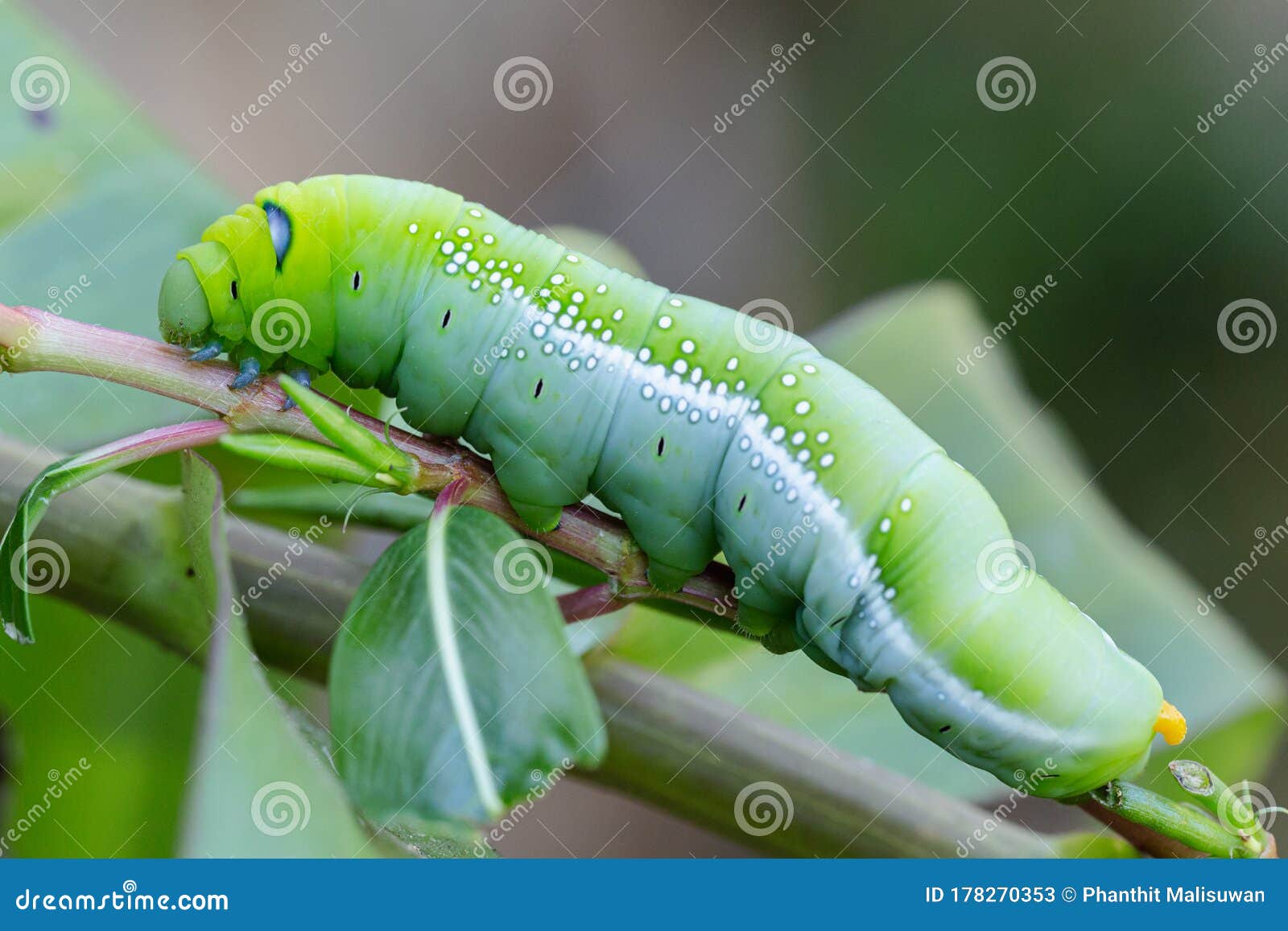Fascinating Caterpillars: Types, Defense & Worm Differences!
Ever stopped to consider the tiny, crawling creatures that populate our gardens and forests? You might be surprised to learn that the seemingly simple "worm" you encounter could actually be something far more complex: a caterpillar in disguise, or a completely different animal altogether! The world of invertebrates is full of fascinating mimicry and surprising distinctions.
The distinction between worms and caterpillars can be blurry to the untrained eye, yet the differences are fundamental to understanding their roles in nature's grand design. This article delves into the fascinating world of caterpillars, exploring their unique characteristics, behaviors, and the vital roles they play in our ecosystem. From their defense mechanisms and eating habits to their metamorphosis into beautiful butterflies or moths, we'll uncover the secrets of these often-misunderstood creatures.
| Feature | Caterpillar | Worm |
|---|---|---|
| Classification | Larval stage of Lepidoptera (butterflies and moths) | Belongs to various phyla (e.g., Annelida, Nematoda, Platyhelminthes) |
| Legs | Typically has three pairs of true legs on the thorax and several pairs of prolegs on the abdomen | Lacks true legs or prolegs |
| Movement | Crawls using true legs and prolegs, often with a distinctive looping or undulating motion | Moves by contracting and expanding segments, using setae (bristles) for traction |
| Life Cycle | Undergoes complete metamorphosis: egg, larva (caterpillar), pupa, adult | Direct development or simple metamorphosis; young resemble smaller versions of adults |
| Body Structure | Cylindrical body with multiple segments; may have hairs, spines, or other ornamentation | Elongated, cylindrical, or flattened body; typically lacks prominent external appendages |
| Habitat | Found on host plants where they feed; varied habitats depending on species | Terrestrial, aquatic, or parasitic; found in soil, water, and within other organisms |
| Feeding Habits | Primarily herbivorous; feed on leaves, flowers, and other plant parts | Varied; detritivores (feeding on decaying matter), carnivores, herbivores, parasites |
| Defense Mechanisms | Camouflage, mimicry, spines, hairs, poisonous secretions, silk lines for escape | Burrowing, camouflage, production of mucus, parasitic strategies |
| Examples | Monarch caterpillar, woolly bear caterpillar, tomato hornworm | Earthworm, roundworm, tapeworm, marine polychaete worm |
| Order | Lepidoptera | N/A - worms are not limited to specific order |
| Diet | Exclusively plant matter, leaves, vegetation | Decaying matter, preying on organism |
| Habitat | Trees, shrubs, and on the ground | Underground, in water, and inside the bodies of other organism |
| Reference | Amateur Entomologists' Society |



Detail Author:
- Name : Ramon Denesik
- Username : iking
- Email : beer.ignacio@hotmail.com
- Birthdate : 1997-07-18
- Address : 4838 Gorczany Lodge South Tabithahaven, CO 89897-8589
- Phone : (570) 419-6404
- Company : Reynolds-Hessel
- Job : Organizational Development Manager
- Bio : Ad omnis aut enim magni. Accusamus molestias laborum et id. Possimus voluptatem ut dignissimos deleniti recusandae soluta.
Socials
tiktok:
- url : https://tiktok.com/@antonetta.stamm
- username : antonetta.stamm
- bio : Doloribus excepturi ut qui distinctio aut qui.
- followers : 1816
- following : 1317
instagram:
- url : https://instagram.com/antonetta_official
- username : antonetta_official
- bio : Rem vitae non eaque vero. Qui beatae tempora nobis atque quod. Veritatis deserunt qui veniam.
- followers : 3132
- following : 721
facebook:
- url : https://facebook.com/antonetta_stamm
- username : antonetta_stamm
- bio : Voluptas excepturi temporibus aut omnis non dignissimos.
- followers : 3180
- following : 96